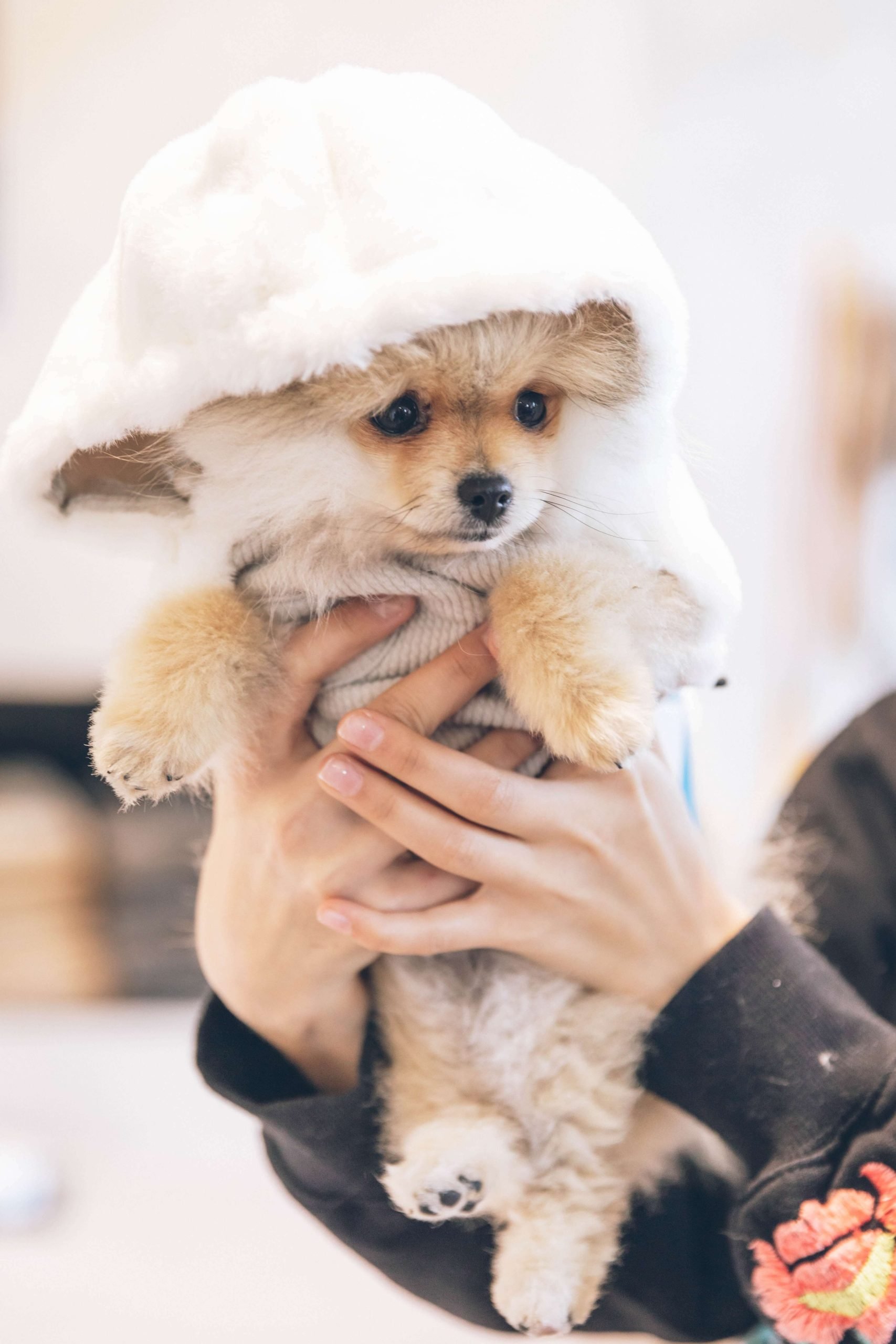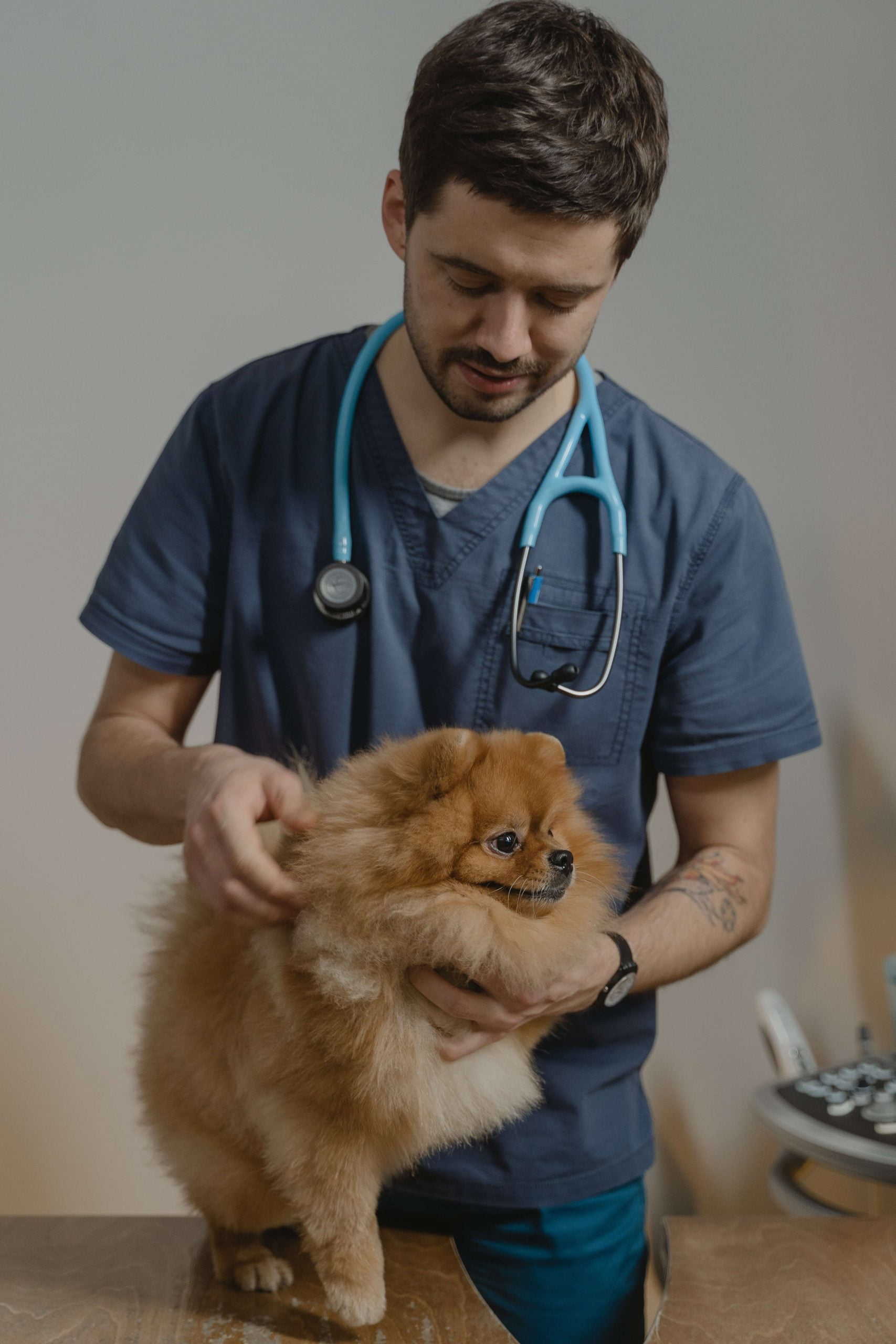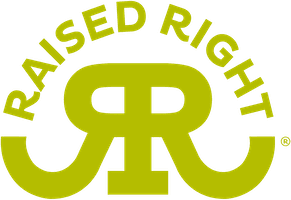
Pomeranians can make great pets. They’re unbelievably cute, friendly, cuddly and SO FLUFFY! But what’s going on under all that fluff? You might feel like your Pomeranian is all fluff, and without their fur, there’s nothing to them, or maybe you’re always embarrassedly trying to explain your Pomeranian’s larger size by saying they’re just fluffy! But how big should your Pomeranian really be?
P.S. If you’re looking for a weight chart for a different dog breed, check out our French Bulldog Weight Chart and Maltese Weight Chart.
How big is a Pomeranian when they are fully grown?
Full-grown Pomeranians, regardless of whether they’re male or female, usually weigh between three and seven pounds. However, occasionally adult poms will be slightly heavier or lighter than this standard range. Their shoulder height is usually seven to twelve inches, and, of course, the taller the dog the more likely they will sit at the higher end of the weight range too.
As with any weight guide, this range gives us a broad idea of what could be normal for the breed as a whole. It certainly doesn’t mean that your seven-inch-tall pom can weigh seven pounds and be healthy, nor that a twelve-inch-tall pom would be healthy weighing just three pounds! If you’re not quite sure what your dog’s ideal weight is, it’s a good idea to speak to your vet and vet tech team. They can assess your dog’s body condition score (BCS) and let you know whether they need to lose or gain a bit, or whether they’re ideal as they are.
Pomeranian weight chart

A healthy puppy with access to the right amount of good quality dog food will gain weight steadily, however, their growth won’t be linear.
There are a few proposed methods for working out what your Pomeranian puppy’s adult weight will be:
Firstly, you could use their weight (in pounds) at two months old, multiply it by three and then add one pound. Similarly, you could multiply their weight at three months old by two. These are very general formulae, and don’t account for differences in breeds. Still, they should give you an idea.
The following Pomeranian weight chart can be used as a guide to determine what the adult weight of your pom might be, and whether they are growing at a healthy rate:
| Minimum Weight (lbs) | Average Weight (lbs) | Maximum Weight (lbs) | |
| 2 months | 0.75 | 1.5 | 2 |
| 3 months | 1.5 | 2.5 | 3.5 |
| 6 months | 2.25 | 3.5 | 5 |
| 9 months | 2.75 | 4.5 | 6.25 |
| 1 year | 3 | 5 | 7 |
Why might a Pomeranian puppy not be gaining weight?

Some reasons why your pom puppy might not be gaining weight well include a low-quality diet, with low protein and low calories.
A healthy puppy with access to the right amount of high quality dog food will gain weight steadily. Their growth won’t be linear – the rate will fluctuate, and they may have growth spurts similar to a human child. However, if a puppy isn’t gaining weight well, this could be a sign that something isn’t right. It’s important to have your pup checked over sooner rather than later because if they stop gaining weight altogether, or even start losing weight, this can be very serious.
Some reasons why your pom puppy might not be gaining weight well include a low-quality diet, with low protein and low calories. Similarly, if the dog food you are offering your puppy is high quality, high protein puppy food, but they’re not eating it because of bullying with littermates or other pets in the household, they won’t gain either!
Parasites including roundworms and protozoa can cause symptoms like diarrhea, but sometimes the only symptom is poor weight gain. It’s also possible that your pup could have a health condition including a congenital defect, hormone deficiency, or other illness that is causing them failure to thrive.
When should you visit a vet?

If you’re sure you’re feeding your puppy the right puppy food, it’s best to take them to a veterinarian to investigate their poor weight gain.
If your puppy seems well but isn’t gaining much weight, a puppy food that contains human-grade protein and is gently cooked to retain as much of the nutrition value as possible might help. If you’re sure that you’re feeding your puppy the right puppy food, it’s best to take them to a veterinarian to investigate their poor weight gain. Your vet might ask you to bring a sample of your puppy’s feces and may suggest a blood test to check their overall health.
Summary
Pomeranians are beautiful balls of fluff, but all that fur can hide a very underweight or overweight dog! Therefore, it’s important to keep a close eye on your pom’s weight – firstly, as a puppy, to ensure they’re gaining weight as they should, and then as an adult to ensure they remain healthy.
FAQ
What is a healthy weight for a Pomeranian?
An adult Pomeranian will usually weigh between three and seven pounds. While some variation is expected, the majority of dogs’ weights will fall within this range. If you’re not sure whether your Pomeranian is at their ideal weight, speak to your veterinarian or vet tech.
Is 11 pounds big for a Pomeranian?
It would be very unusual for a purebred Pomeranian to weigh eleven pounds and be considered healthy. If your pom weighs in at or near eleven pounds, ask your veterinarian to check their body condition score, then formulate a feeding regime accordingly.
How much should a 1-year-old Pomeranian weigh?
At a year old, the majority of Pomeranians are considered an adult and fully grown. In fact, many Pomeranians will reach their full adult weight, of around three to seven pounds, at ten or eleven months old.



